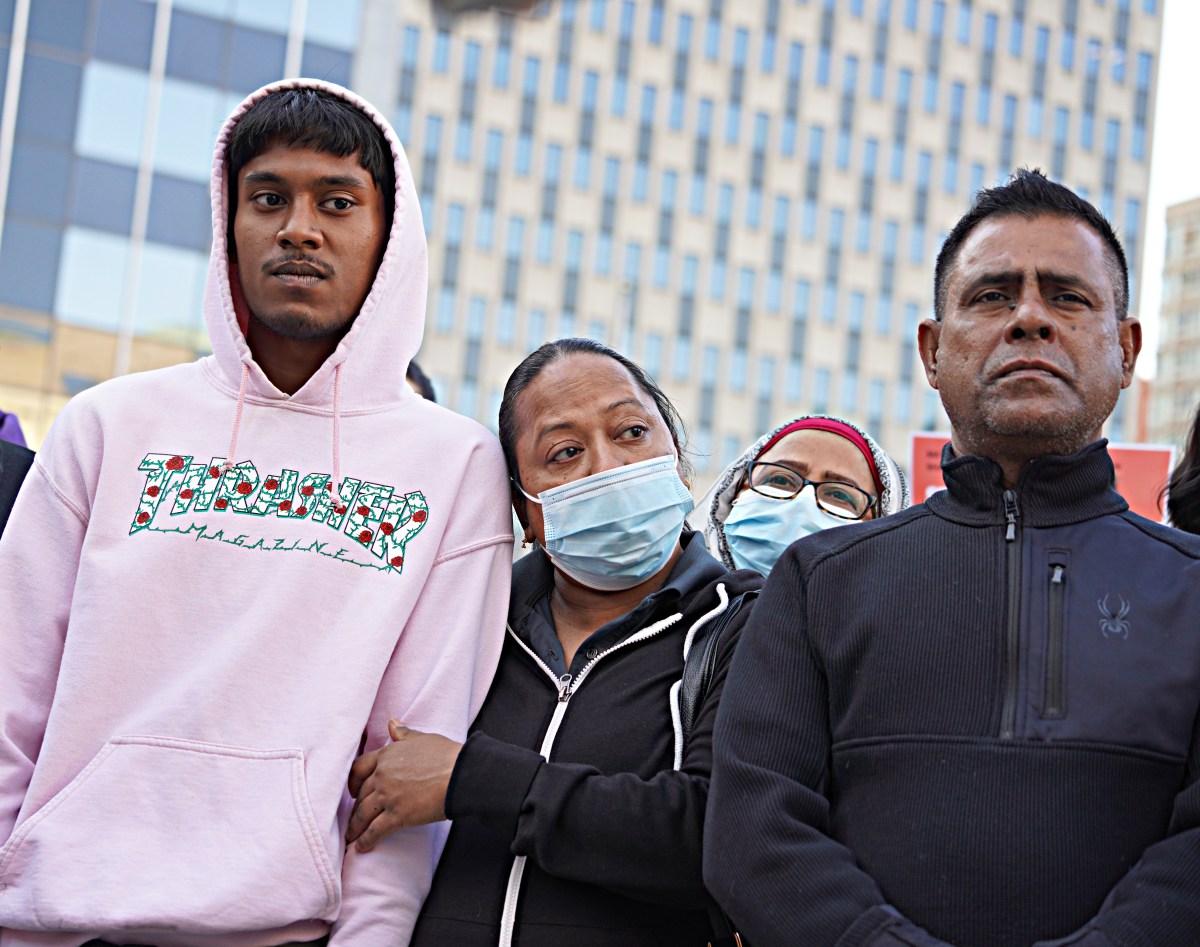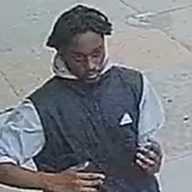By Sadef Ali Kully
The art of henna tattooing is older than the Egyptian Empire but Farzana Fatema, a henna artist based in Jamaica, began when she was just 10 years old.
Henna, also known as mehndi in India, Pakistan and Bangladesh, is a plant or tree, and also refers to the dye prepared from the plant to be used in the art of henna, temporary tattooing. Henna has been used to dye skin, hair and fingernails, as well as fabrics including silk, wool and leather in the Middle East, Africa and South Asia, according to the book “Mehndi: The Timeless Art of Henna Painting,” by Loretta Roome
For Fatema, what started as hobby in her homeland of Bangladesh, became a growing business for her in Jamaica through social media. Fatema began her grassroots business in 2004 on Facebook and now it has its own website, www.henna
“I got the idea when my sister-in-law, mother-in-law and my friends said you are doing it better than all these other people,” said Fatema, who is married with two children.
Fatema works from home, travels to private parties and does bridal henna in the tri-state area.
“I do whatever I can do, but the most important thing is that I use good quality henna. For any henna artist, the most important thing is the henna,” said Fatema.
Fatema has her henna imported from Rajasthan, India, a northern Indian city which is famous for its rich, colorful and traditional art and its henna, which she mixes at home with natural products. She also emphasized that she does not use black henna because it has harsh chemicals for the skin.
“I take my time with my work, especially with bridal henna, which can take me anywhere from three to five hours in one sitting,” said Fatema. “And there are the bridal guests in the party after I am done with the bride.”
Historically, henna has roots in the Middle East and Africa, but it is mostly associated as a South Asian tradition in India, during wedding season. During a week’s worth of wedding celebrations, South Asian brides decorate their hands and feet with henna art. It is believed that the darker the color appears the more her future husband will love her.
“That’s why I think you have to like doing henna; otherwise it is impossible to do it,” said Fatema. “I don’t copy other people’s work because every time I tried it — it would come out bad. So all of my designs and work are original and my own.”
Henna
For a simple design, prices can start at $10 and costs vary depending on the design, intricacy and time it takes to complete.
Recently, Fatema announced that cancer patients under the age of 12 may reach out to her for free henna tattoos.
Farzana Fatema, can be reached through her website at www.heena
Reach Reporter Sadef Ali Kully by e-mail at skull




























